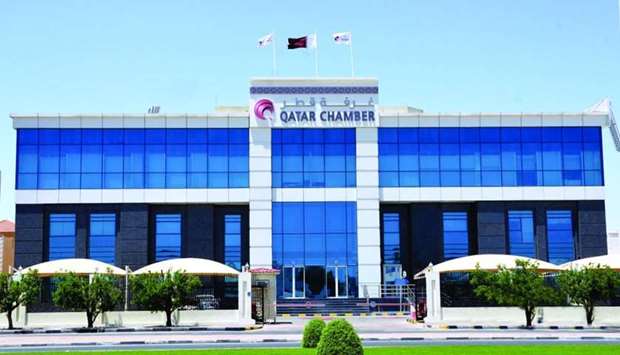The Qatar International Centre for Conciliation and Arbitration (Qicca) announced that the first phase of the ‘Qualification and Preparation of the Arbitrators Programme’ begins Sunday.
Organised by Qatar Chamber's Qicca, in collaboration with the Qatar University’s (QU) Community Service and Continuing Education Centre, the virtual training programme carries the theme "Concept and Legal Nature of Commercial Arbitration".
The programme aims to help trainees learn about the concept and types of arbitration and systems similar to arbitration, and types and legal nature arbitration, as well as to provide them with the requirements of arbitration litigation.
The inclusive training programme aims to qualify and prepare Qatari cadres through a scientific and training programme on the concept, nature, and types of arbitration, and the development of arbitration legal thinking, to take responsibility for settling commercial, financial and investment disputes through arbitration in a manner that contributes to alleviate pressure on courts.
The various stages of the programme are intended to provide the participants with the ability to get the idea of commercial arbitration and its various applications, and the procedures for managing the arbitration proceedings between the claimant and the respondent, and how to formulate the arbitration rule and its main elements and implement the arbitration rule and the reasons for its invalidity.
The programme targets lawyers and legal advisers, legal and administrative leaders in the public and private sector companies, legal departments, ministries, and government institutions, banks, and financial institutions, as well as heads and members of boards and directors of companies, business owners, contractors and commercial agents, as well as arbitrators and experts in the field of commercial disputes, engineers, accountants, and lawyers under training and law students.
The programme is part of the cooperation between Qicca and Community Service and Continuing Education Centre to fulfil the training needs of institutions and individuals in the field of commercial arbitration, which has become important globally as one of the most key means of solving commercial disputes and an instrument for measuring the investment and business climate.
The programme aims to help trainees learn about the concept and types of arbitration and systems similar to arbitration, and types and legal nature arbitration, as well as to provide them with the requirements of arbitration litigation.
The inclusive training programme aims to qualify and prepare Qatari cadres through a scientific and training programme on the concept, nature, and types of arbitration, and the development of arbitration legal thinking, to take responsibility for settling commercial, financial and investment disputes through arbitration in a manner that contributes to alleviate pressure on courts.
The various stages of the programme are intended to provide the participants with the ability to get the idea of commercial arbitration and its various applications, and the procedures for managing the arbitration proceedings between the claimant and the respondent, and how to formulate the arbitration rule and its main elements and implement the arbitration rule and the reasons for its invalidity.
The programme targets lawyers and legal advisers, legal and administrative leaders in the public and private sector companies, legal departments, ministries, and government institutions, banks, and financial institutions, as well as heads and members of boards and directors of companies, business owners, contractors and commercial agents, as well as arbitrators and experts in the field of commercial disputes, engineers, accountants, and lawyers under training and law students.
The programme is part of the cooperation between Qicca and Community Service and Continuing Education Centre to fulfil the training needs of institutions and individuals in the field of commercial arbitration, which has become important globally as one of the most key means of solving commercial disputes and an instrument for measuring the investment and business climate.

